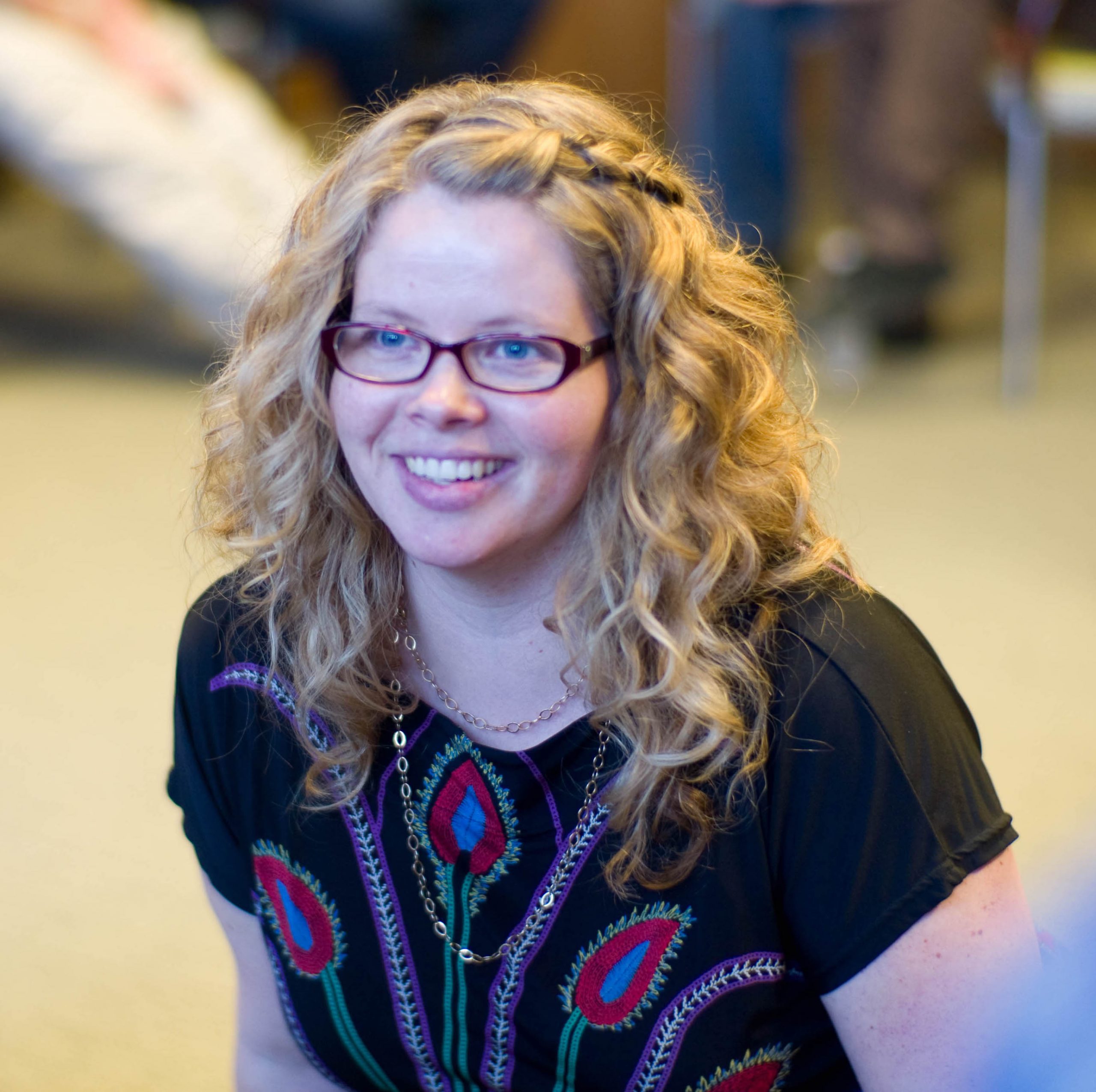Like lots of people on the internet, we here at Creative Commons have been thinking about NFTs, and the possibilities that unique digital assets might bring for artists and creators. (By the way, did you know that Beeple, the artist who famously sold an NFT for $69 million, has been using CC licenses for years?)
Most of the questions we’ve seen show up on CC’s social media feed relate to the intersection between CC licenses, which enable limitless copying (within the bounds of what the particular CC license’s terms allow, of course), and NFTs, which are designed to create digital scarcity and provide something unique to the NFT’s owner.
In short, if a CC license makes it legally possible to create infinite copies of a work, and NFTs are designed specifically to provide something that cannot be copied, is it problematic for a CC-licensed work to be minted as an NFT?
In our view, there’s nothing contradictory about a creator offering their work to the public under a CC license as well as minting it as a single (or limited edition) NFT. It seems no different to us than someone publishing their work under CC while also selling limited edition prints of it.
While we’re interested to see so much energy and inventiveness happening around enabling creators (whether they use CC licenses or not) to monetize their work, we’re also very concerned about the environmental impact of NFTs and crypto art. We’re hopeful that the enthusiasm in this space leads to a next wave of innovation that is focused both on sustainability and valuing the work of artists.
It’s important to note that there are many open questions about NFTs and copyright. A pair of posts on the Kluwer Copyright Blog does a good job laying out the big picture (and points to several other resources that are helpful to read). The main question, as far as CC licensing is concerned, comes down to whether someone needs to either own or have a license to a copyrighted work in order to mint it as an NFT.
On the one hand, an NFT is not a copy of the object itself, but instead, as the authors of the Kluwer post aptly put it: “metadata that represents and points to where the digital object and any details about it really reside.” This could indicate that creating an NFT does not implicate copyright.
On the other hand, many argue that it’s not a completely settled issue, and certainly not so when it comes to artists’ expectations about the rights they have under copyright law. As Katarina Feder, a vice president at Artists Rights Society, says in a post for Artnet: “The dynamic is the same for an NFT as it is for a t-shirt: the copyright for an artwork rests with its creator … If you want to make an NFT of an artwork that’s not your own, you need to go to the source for permission.”
Obviously, these are questions we’re extremely interested in, and we’re looking forward to participating in the larger ongoing conversation about NFTs and copyright. In the meantime, I wanted to point to a situation involving NFTs and CC licensing that I think provides a useful thought exercise.
Recently, podcaster Pete Cogle posted on the Creative Commons Slack (sign-up required) to ask about whether an artist whose music he included in one of his CC-licensed podcast episodes was allowed to mint the episode as an NFT:
In 2010 I created a podcast where the digital artwork and two pieces of music were created by one artist. I collected (curated) 6 more pieces of music and released this as an MP3 file with a [CC BY-SA] license.
There have been no issues until today when the artist listed the MP3 as an NFT as part of their larger body of work.
The artist asked my opinion about selling it as an NFT and I said no, partly because the podcast contained other CC licensed tracks and because I created it, not them, even though it contained some of their derivative works. … I’m wondering if someone knows more about how NFTs and CC licenses should work together.
It’s worth reading the full back-and-forth between Cogle and members of the CC team and broader CC community in the post’s replies thread (Cogle agreed to let us use his question in this case study). While we’re not presuming that the minting of an NFT does indeed implicate copyright, we felt Cogle’s concerns pointed to important related questions about the spirit of CC licensing and people’s expectations around what can and should happen with a work once it’s been offered to the public under one of CC’s copyright licenses.
Our thoughts, in a nutshell: Because Cogle’s podcast episode was originally made available under CC’s BY-SA license, it seems that as long as the person minting the NFT abides by the terms of the license (e.g. offers proper attribution and complies with anything that would be triggered by the SA clause), they are operating in line with what the license enables, both legally and in spirit. To extend the “limited edition prints” analogy from earlier, this would be a bit like pressing a limited run of vinyl records using CC-licensed audio.
Again, there are lots of unanswered questions about these subjects, and we’re excited to play an active role in helping to bring clarity to as much of it as we can. We’re also interested in knowing your thoughts, opinions, and ideas about the intersection of NFTs, copyright, and CC licensing. We’ll be watching Twitter and the CC Slack for your comments and questions. Additionally, I can imagine there being some really interesting presentations and conversations about these topics at the next Creative Commons Global Summit.
The post At the Intersection of NFTs and Creative Commons Licenses appeared first on Creative Commons.
